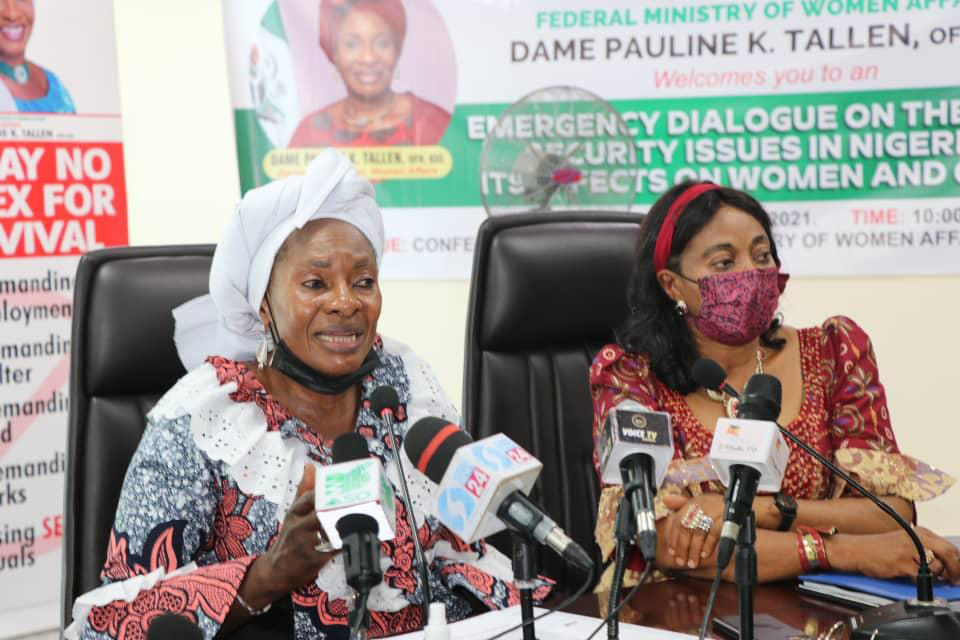Business
Lawmakers Want CBN To Halt Naira Devaluation

The House of Representatives has asked the Central Bank of Nigeria (CBN), to urgently put in place a policy to check further devaluation of the naira to the United States dollar and other international legal tenders.
The House decried that while the Nigerian currency was losing value, others in Africa were appreciating.
At the plenary on Wednesday, the House unanimously adopted a motion moved by the Deputy Chairman of the Committee on Pensions, Mr Bamidele Salam, which warned the CBN of the implications of further devaluing the naira.
The motion was titled, ‘Matter of urgent public importance on the need for the Central Bank of Nigeria to urgently put in place monetary policies to stop the free fall of the naira against the dollar and other international legal tenders’.
Salam recalled that the CBN governor, Godwin Emefiele, while addressing the Bankers’ Committee at a summit on the economy in Lagos earlier in February, informed the committee about the naira devaluation against the dollar.
The lawmaker also quoted Emefiele as saying at the summit that the official exchange rate stood at N410 to the dollar.
“That is 7.6 per cent weaker than the rate of N379 published on the central bank’s website,” Salam noted.
According to the lawmaker, while the value of the naira relative to the dollar had declined by nine per cent in the last six months, the South African rand and Ghanaian cedi had appreciated by 11.4 per cent and one per cent, respectively.
Salam also recalled that the CBN adopted multiple exchange rates in 2020, in a bid to avoid an outright devaluation.
He noted that the official rate used as a basis for budget preparation and other official transactions differed from a closely controlled exchange rate for investors and exporters known as the Nigerian Autonomous Foreign Exchange Rate Fixing Methodology.
He stressed that the naira had traded in a tight range between N400 and N410, while the NAFEX rate was different from the parallel market, considered illegal by the CBN, where the naira closed at 502.
Salam said, “The House is concerned that devaluation is likely to cause inflation because imports will be more expensive any imported goods or raw material will increase in price; aggregate demand increases, causing demand-pull inflation. Firms/exporters have less incentive to cut costs because they can rely on the devaluation to improve competitiveness.
”The concern is that the long-term devaluation may lead to lower productivity because of the decline in incentives.
”The House is further concerned that devaluation of the naira makes it more difficult for Nigerian youths especially in the IT sector, whose businesses are online and must necessarily transact businesses in the US dollars.
“It also reduces real wages. In a period of low wage growth, a devaluation that causes rising import prices will make consumers feel worse off “.
Business
Fidelity Bank To Empower Women With Sustainable Entrepreneurship Skills, HAP2.0
Business
President Tinubu Approves Extension Ban On Raw Shea Nut Export
Business
Crisis Response: EU-project Delivers New Vet. Clinic To Katsina Govt.
-

 Education5 days ago
Education5 days agoElga boss tasks law students on academics strides
-

 News2 days ago
News2 days agoAmend Constitution To Accommodate State Police, Tinubu Tells Senators
-

 Politics2 days ago
Politics2 days agoSenate Urges Tinubu To Sack CAC Boss
-

 News1 day ago
News1 day agoDisu Takes Over As New IGP …Declares Total War On Corruption, Impunity
-
Business2 days ago
President Tinubu Extends Raw Shea Nuts Export Ban To 2027
-
Business2 days ago
Crisis Response: EU-project Delivers New Vet. Clinic To Katsina Govt.
-

 Business2 days ago
Business2 days agoPENGASSAN Rejects Presidential EO On Oil, Gas Revenue Remittance … Seeks PIA Review
-
Business2 days ago
President Tinubu Approves Extension Ban On Raw Shea Nut Export

